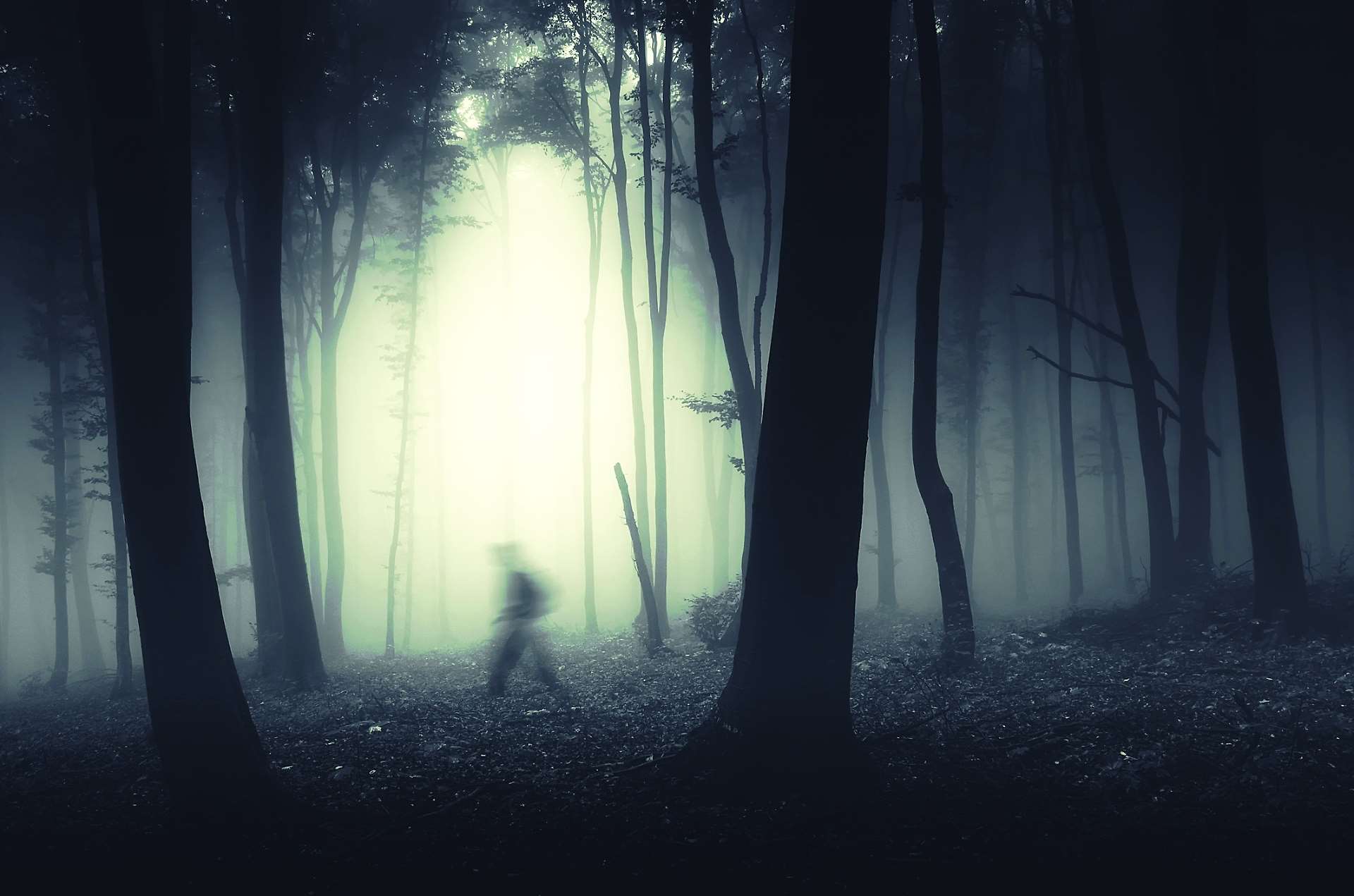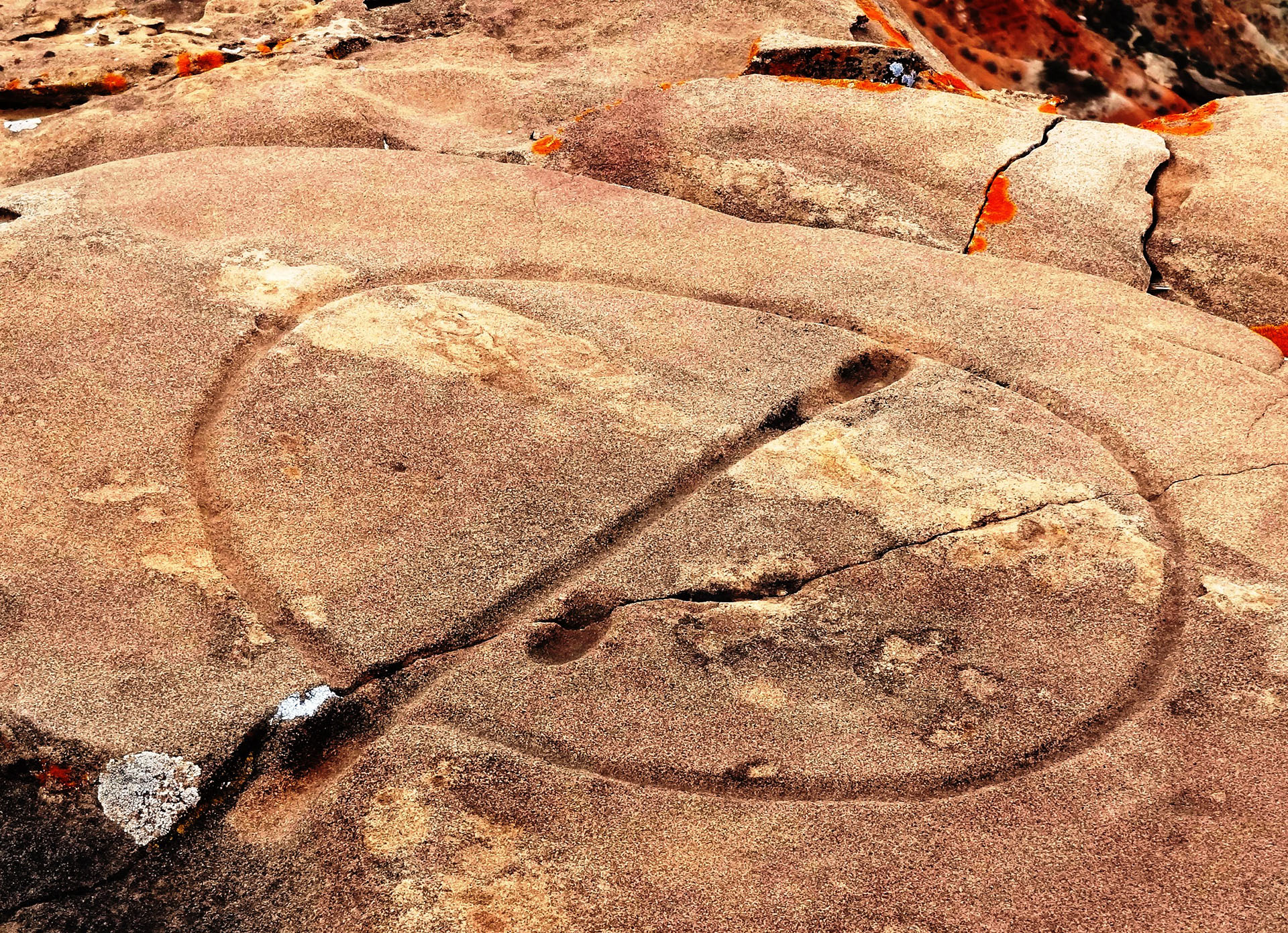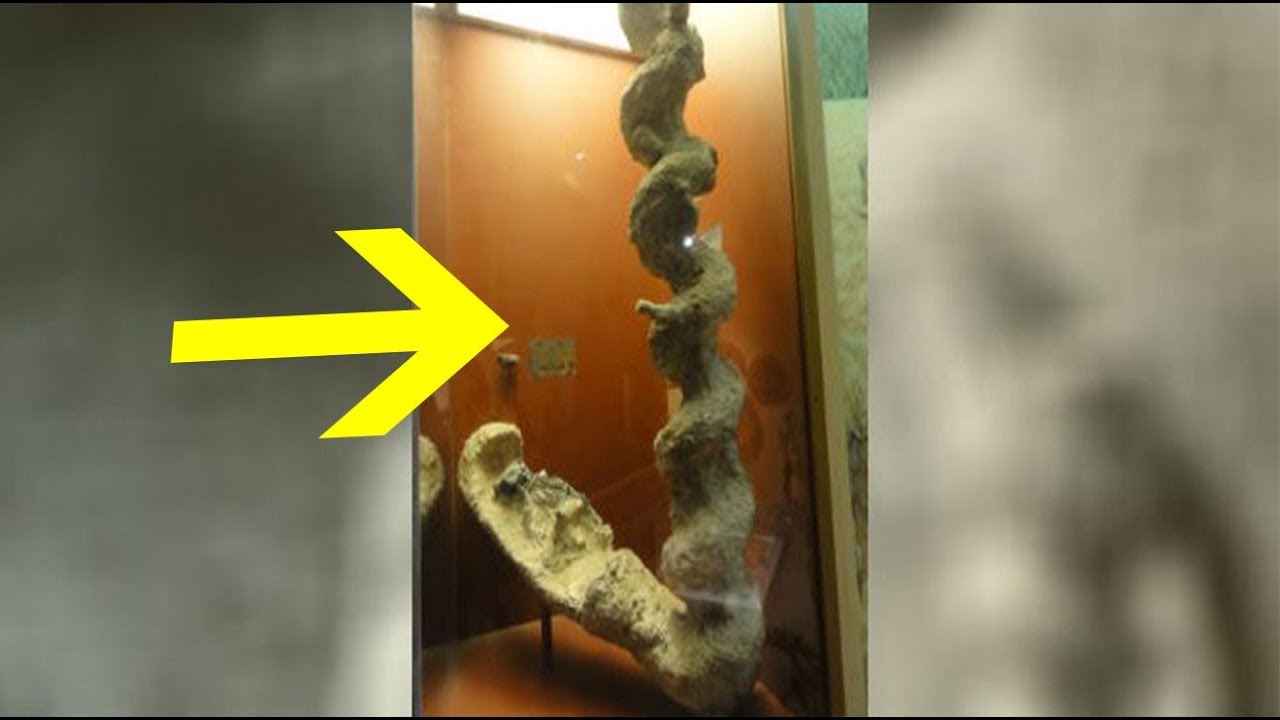Uncovering Spooky Stories from Greece and Rome
Supernatural Beliefs in the Classical World
Greeks and Romans in the ancient world held a deep fascination for the supernatural. Their beliefs in the afterlife and ghosts can be traced in their literature, which is filled with spectral omens, haunted locations, and malevolent spirits. From the legend of Rome’s founder Remus, to the ghosts in Homer’s epic poem, the Odyssey, supernatural occurrences are a common theme. In this article, we delve into six chilling accounts of ‘real’ ghosts in ancient history.
1. Athens’ Haunted House: Pliny the Younger’s Ghostly Tale
Renowned Roman lawyer and prolific letter-writer, Pliny the Younger, shared a spine-chilling tale of a ghost haunting a house in Athens. In a letter to his friend, Licinius Sura, Pliny narrated the eerie story of a disheveled old man with a long beard and hair, rattling chains and terrorizing the house’s inhabitants. When a philosopher named Athenodorus purchased the house and confronted the ghost, the spirit led him to a spot where a chained skeleton lay buried. After a proper burial, the hauntings ceased for good.
2. The Sealed Baths of Chaeronea: Plutarch’s Sinister Account
Greco-Roman priest and historian Plutarch wrote about a ghost haunting the public baths in his hometown of Chaeronea, Greece. According to Plutarch, a man named Damon was murdered in the baths, and ghostly groaning and crying ensued. The haunting grew so terrifying that the baths were permanently sealed, but locals continued to witness strange phenomena from within the eerie site.
3. Nero’s Ghost: A Terrifying Posthumous Visit
Romans believed that oppressive rulers would continue to haunt them after death. Pliny the Younger recorded an account of Nero’s biographer, Gaius Fannius, being visited by the ghost of Nero himself. The encounter frightened Fannius, who believed it foretold his own death – a prediction that came true when he died before finishing the biography.
4. Brutus and the Apparition: A Harbinger of Doom
Despite Shakespeare’s famous portrayal, the ghost that ominously foretold Brutus’s fate was not Julius Caesar, as evidenced by Plutarch’s historical account.
Brutus, a prominent Roman politician and one of Julius Caesar’s assassins, experienced a chilling encounter during a military campaign in Asia. As his army slept and the camp lay quiet, Brutus stayed awake in meditation. Suddenly, he heard a noise as if someone entered his tent. Turning around, he discovered a horrifying specter, a fearsome and ghastly figure looming silently beside him.
Upon confronting the apparition, it informed Brutus they would meet again “at Philippi.” Unshaken by this eerie death omen, Brutus would ultimately learn its truth. At the Second Battle of Philippi, now in modern-day Greece, Octavian’s and Mark Antony’s forces decimated Brutus’s army, leading to his suicide by falling upon his sword.
5. Velletri’s Poltergeist: A Frightening Encounter
Although poltergeists are largely absent from ancient history, a villa near Rome experienced a haunting that resembled a poltergeist encounter. Roman historian Suetonius described how the house, once owned by Caesar Augustus, contained a room that was believed to be inhabited by a monstrous presence. When Suetonius slept in the room, he was violently thrown from his bed, leaving him terrified and wrapped in his bedsheets.
6. Marathon’s Haunted Battlefield: Echoes of a Historic Battle
The Battle of Marathon in 490 BC left more than just the defeated Persians haunted; even the victorious Greeks experienced ghostly encounters. The battlefield was said to resound with the sounds of fighting and horses, and visitors hoping to witness these phenomena often experienced bad luck. There were also reports of protective ghosts during the battle, with Athenian soldier Epizelus recounting how a spectral comrade shielded him and even killed an enemy.
📚📖 Make sure to join Ancient Library on Telegram, and become part of a unique group 👉🏻 https://t.me/theancientlibrary
If you want to help us out and support the page, you can buy us a coffee ( we really appreciate it) 👉🏻 https://www.buymeacoffee.com/ancientlibrary
I am the Librarian, and I, together with the guardians of the Ancient Library, curate content for this site. Welcome, and enjoy your stay.
-
The Librarianhttps://ancient-library.com/author/ivan/
-
The Librarianhttps://ancient-library.com/author/ivan/
-
The Librarianhttps://ancient-library.com/author/ivan/
-
The Librarianhttps://ancient-library.com/author/ivan/





